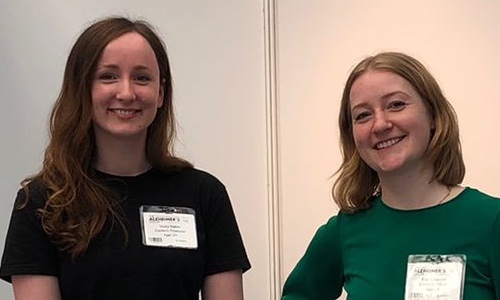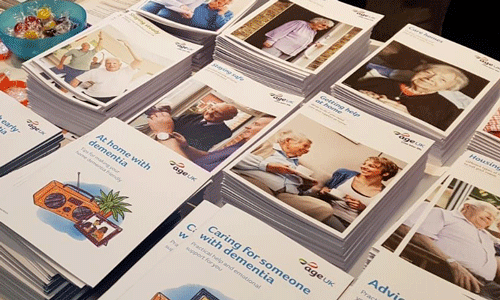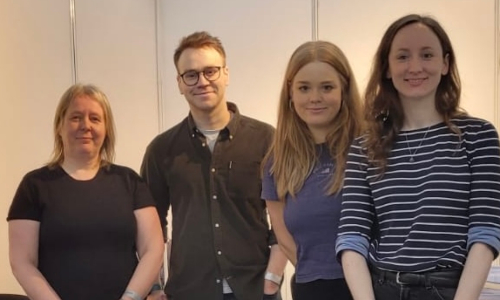Today, John’s Campaign is celebrating that all acute trusts in England have voluntarily signed up to the Campaign. In this blog, we celebrate what this means for people with dementia and their carers during a hospital stay.
Admission to hospital can be an anxiety provoking experience for anyone. For someone with dementia it can be particularly frightening: surrounded by strange noises, smells, people, equipment and routines. It can be disorientating, disruptive and scary.
People with dementia often experience poorer outcomes and stay in hospital for longer, compared with the general population. For many, a stay in hospital results in the worsening of their dementia symptoms and they leave hospital less independent.
The presence of a familiar face, like that of a loved one and carer, can be invaluable for a person with dementia. They can help put them at ease; help them stay connected to the world around them; and help communicate, reassure and explain what is happening. The presence of a carer can help staff to deliver care and interventions. A carer can also share essential knowledge about a patient’s preferences and life story with staff, to help them see the person behind the illness and to deliver person-centered, compassionate and dignified care.
It was with this simple logic that John’s Campaign was founded in 2014 by Nicci Gerrard and Julia Jones. The key focus behind the Campaign is an open visiting culture; to support carer access to the hospital outside of normal visiting hours, to enable a carer to be with the person with dementia when they may be stressed, anxious, upset or lonely, or when a person requires help to understand situations, such as during meal times.
This week, they have reached a huge milestone: all NHS acute trusts in England have now voluntarily signed up to John’s Campaign, pledging unrestricted visiting hours for carers of people with dementia. On Monday, Nicci and Julia presented a book of these pledges to NHS England’s Chief Nursing Officer Jane Cummings.
Over four years, the Campaign has gained the support of many senior healthcare leaders and MPs. Changes on the ground, though, have been the result of inspirational champions who have recognised how a simple change can improve the experience and quality of care people with dementia receive in their wards and hospitals.
Trusts that have already implemented John’s Campaign have seen improvements to patient and carer experience and staff satisfaction. There is a growing body of evidence that demonstrates how beneficial carers can be in hospital: resulting in fewer falls, shorter stays, improving nutrition and hydration, and maintaining cognitive capacity.
Age UK has been a major supporter of the campaign. In 2016, we produced a how-to guide to support its implementation in hospital wards. Implementing John’s Campaign outlines the benefits of having a carer present on wards and addresses professionals’ practical concerns about how to make changes.
There is still a long way to go: implementation is not yet universal across the whole of the UK and all care settings. Within each acute Trust, not all wards or hospitals have signed up, and the quality of implementation varies.
But today’s milestone is worth celebrating and a sign that culture around dementia care is changing. We must now continue to embed the principles of John’s Campaign throughout the NHS and social care, and to spread the word that it’s the right thing to do for people with dementia.
Find out more about the great work of John’s Campaign on their website







